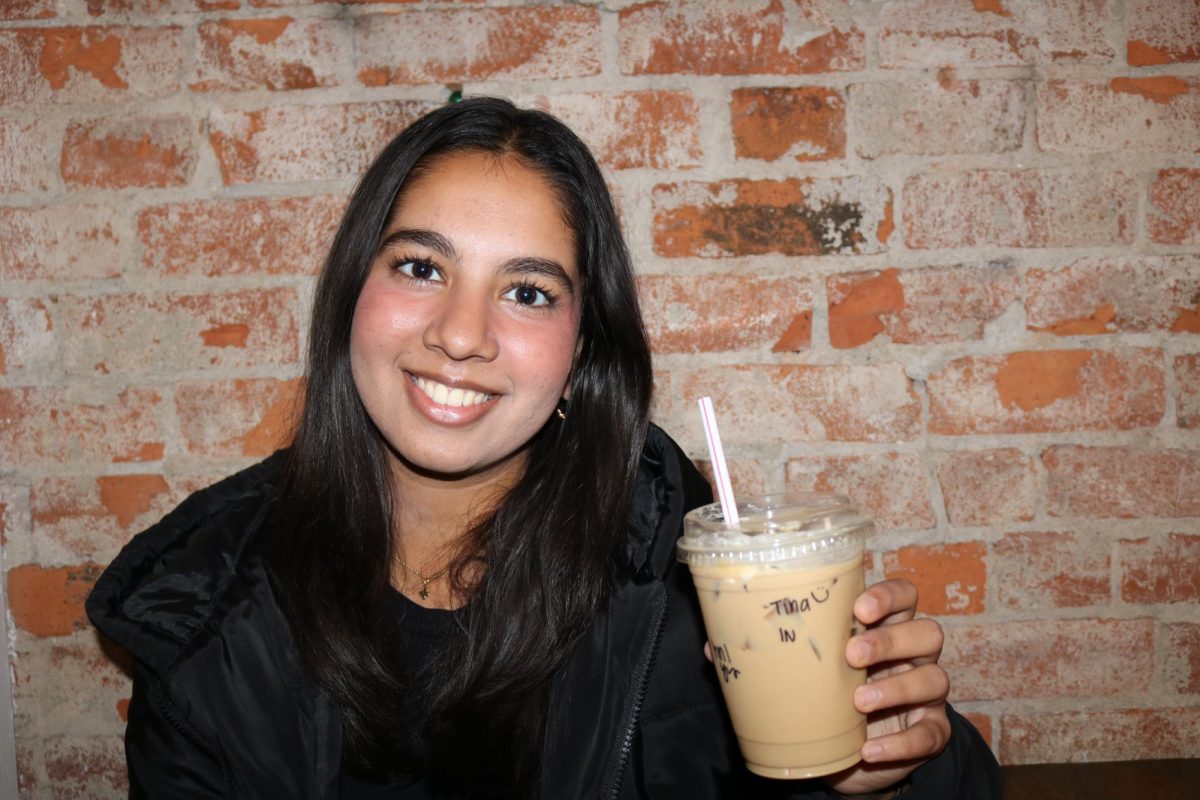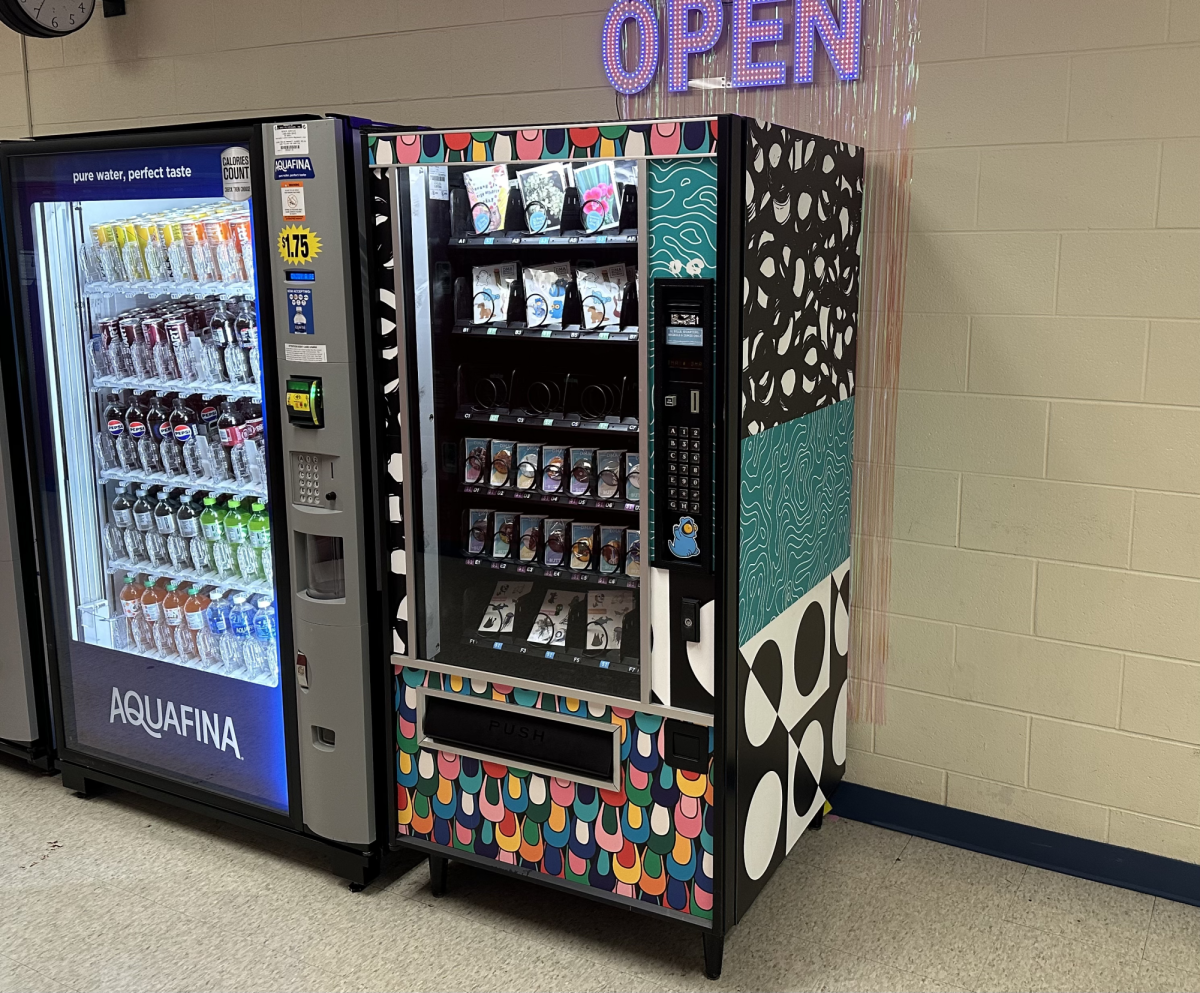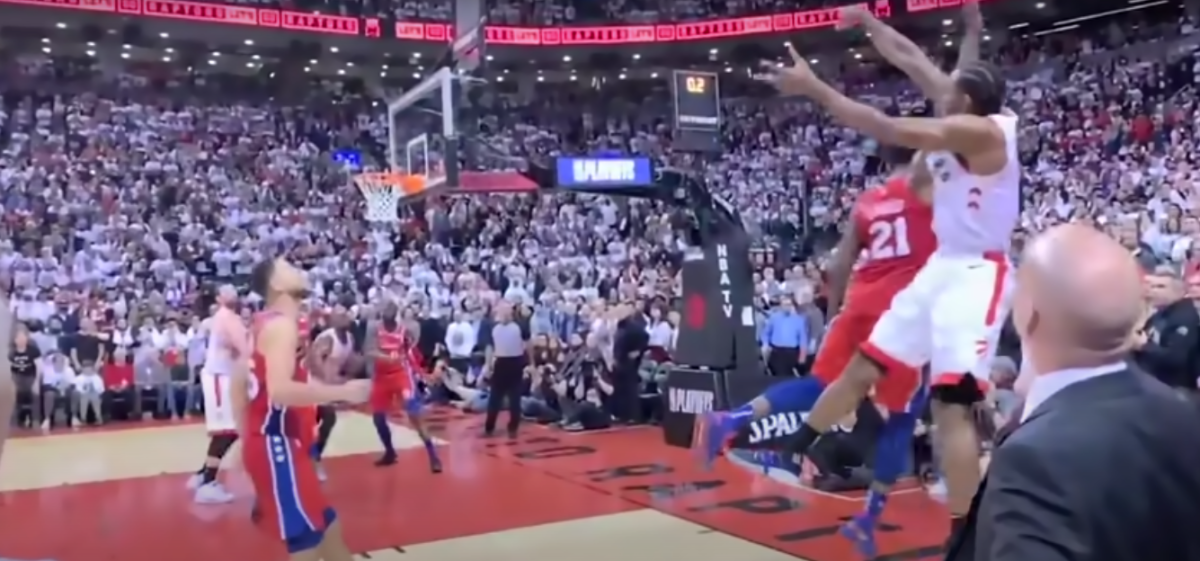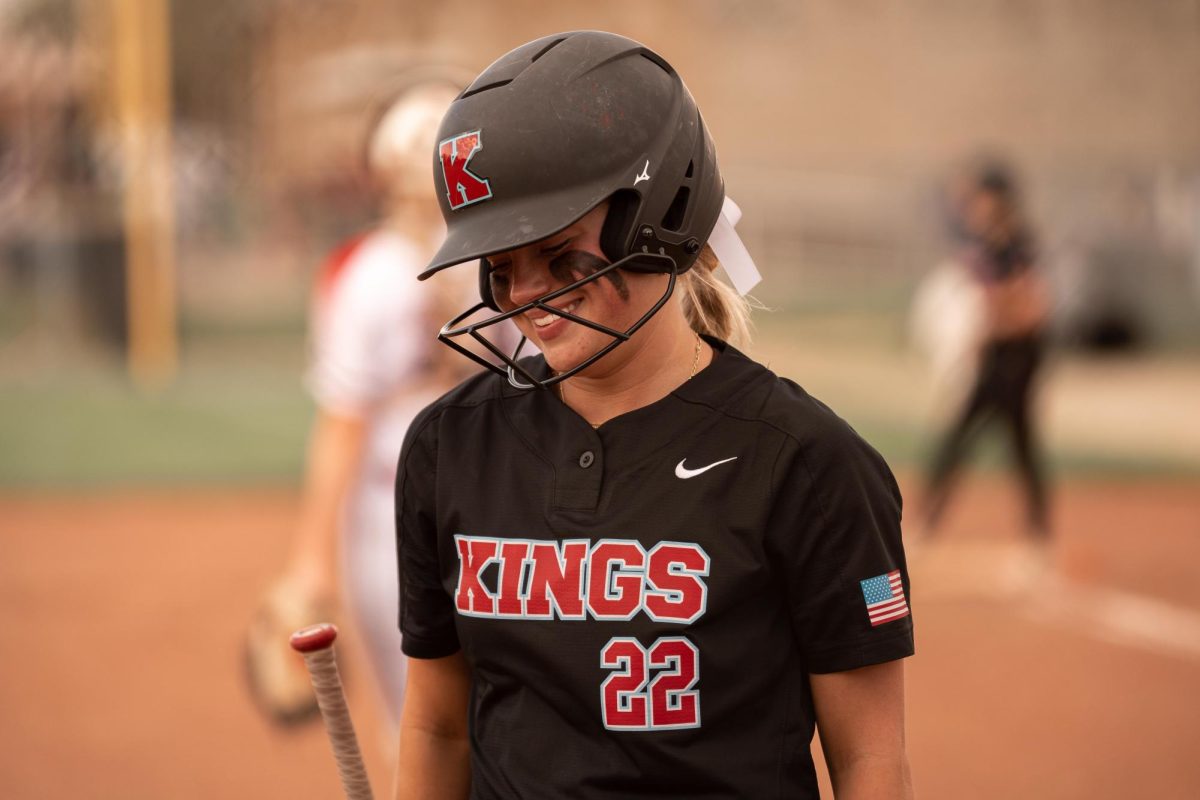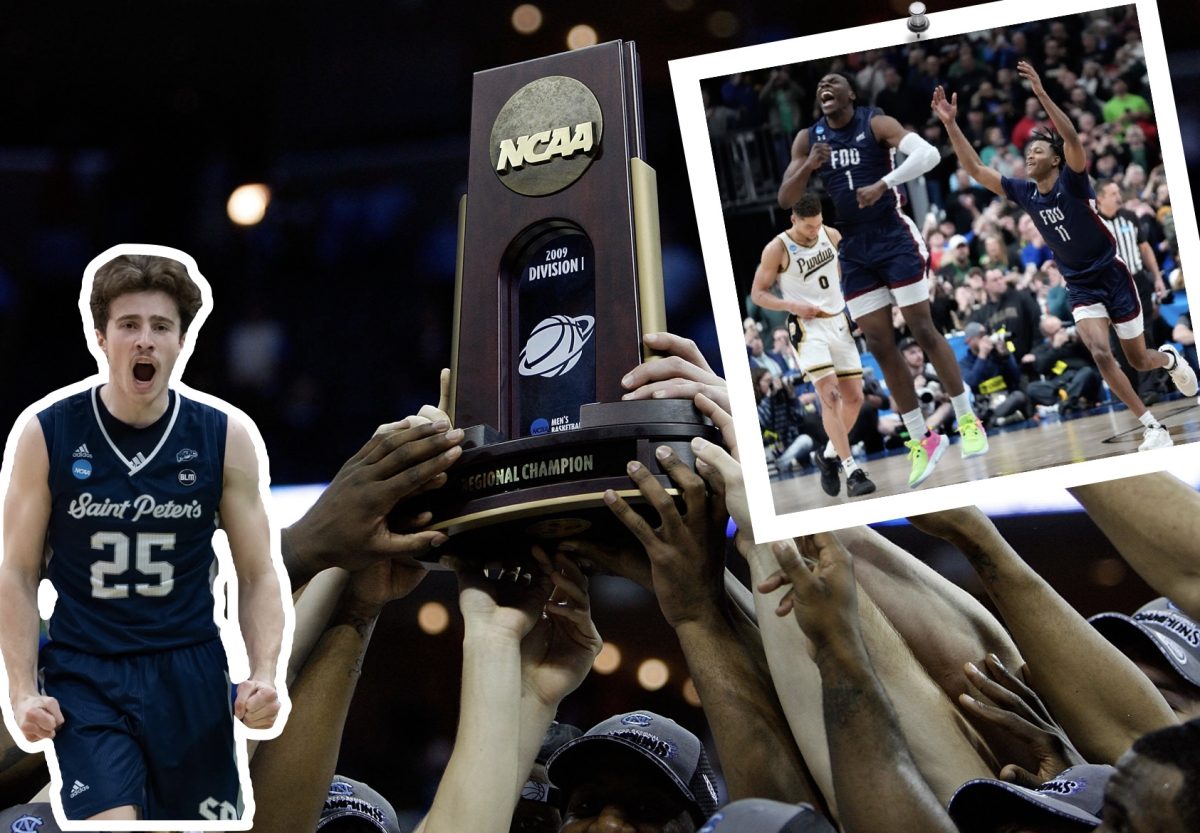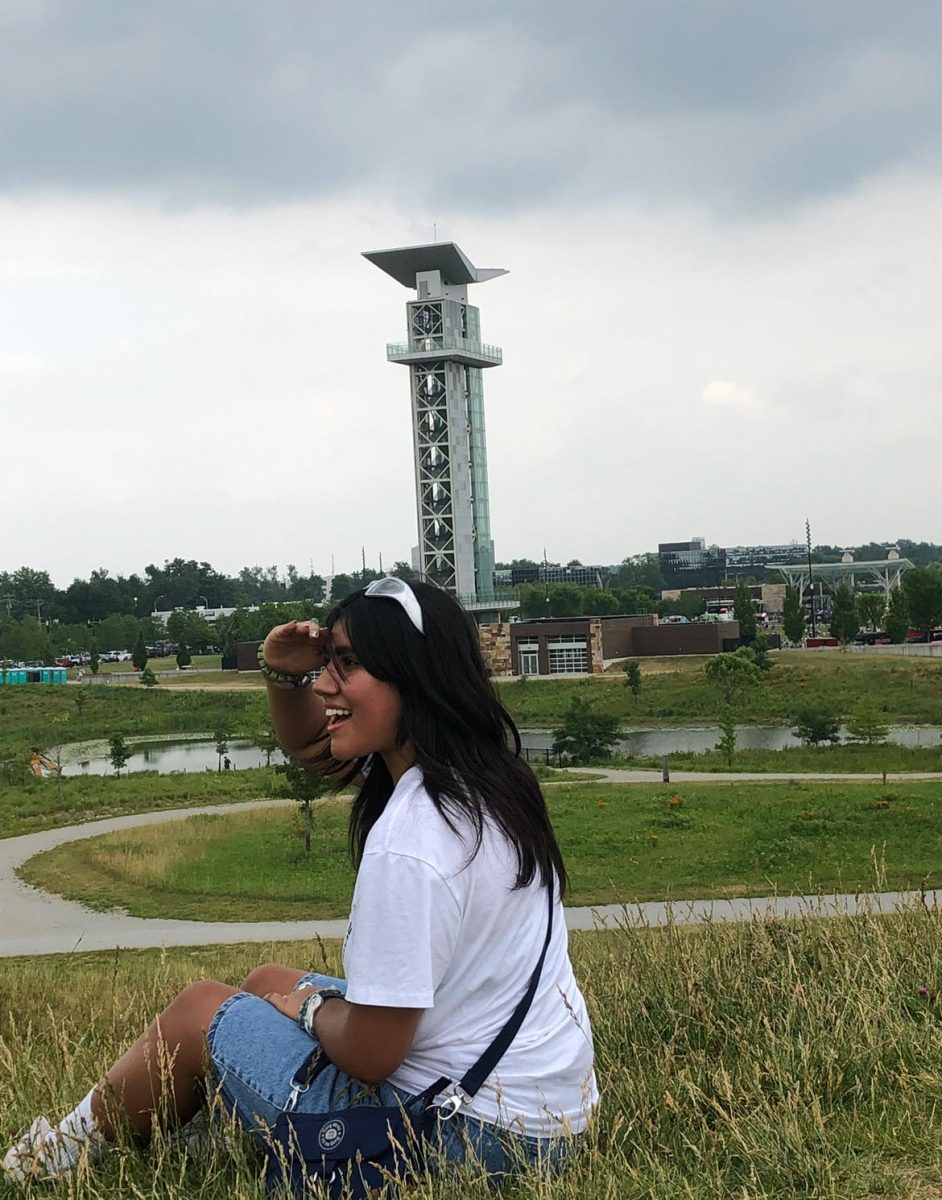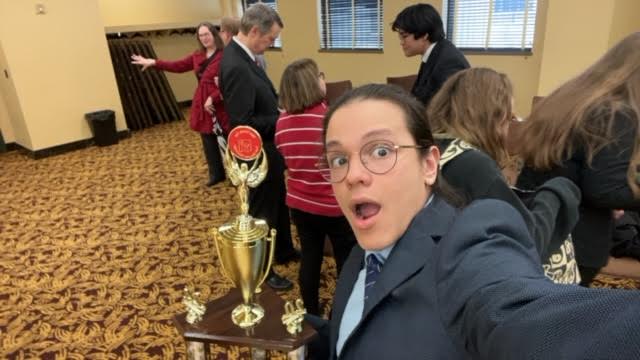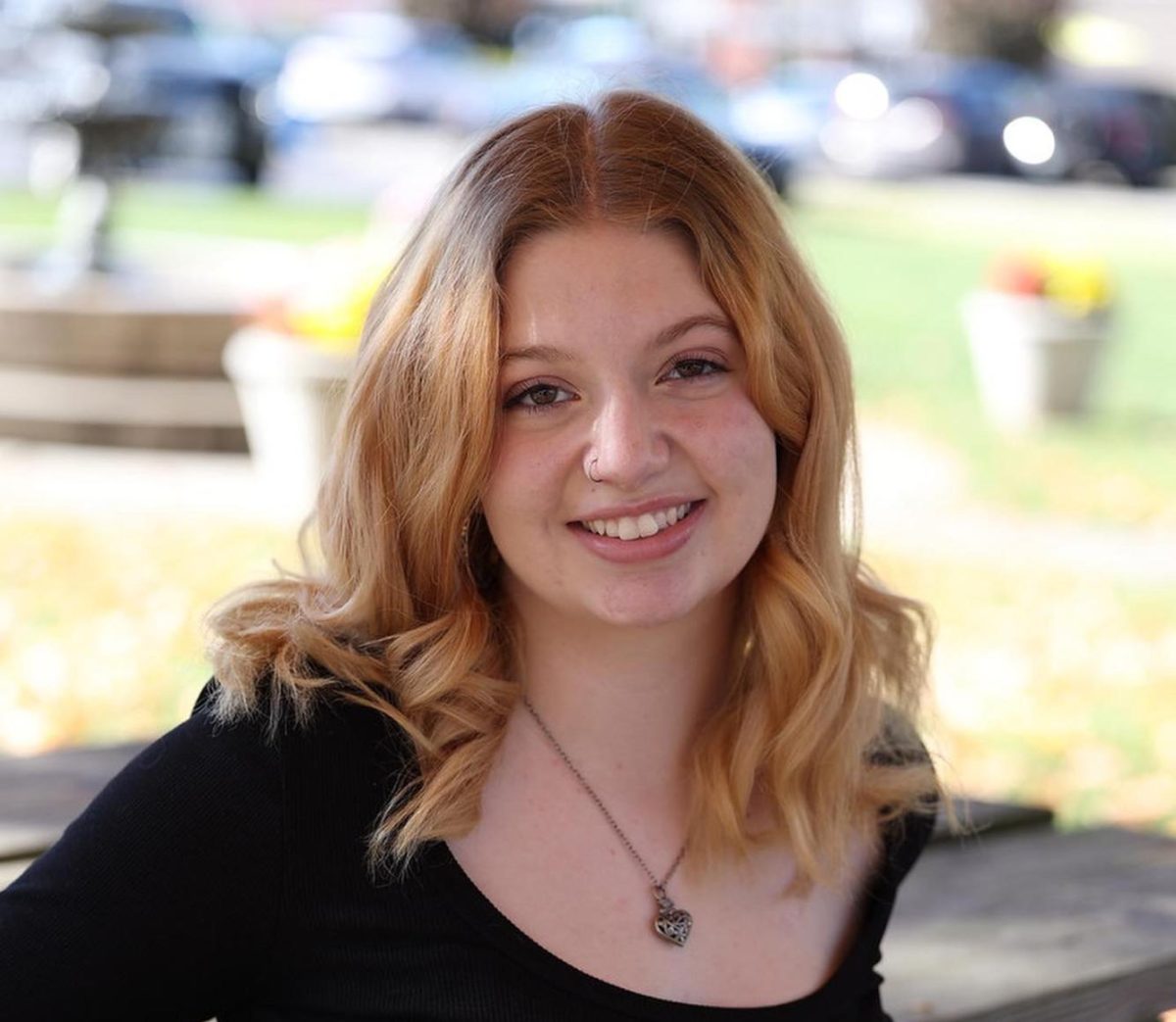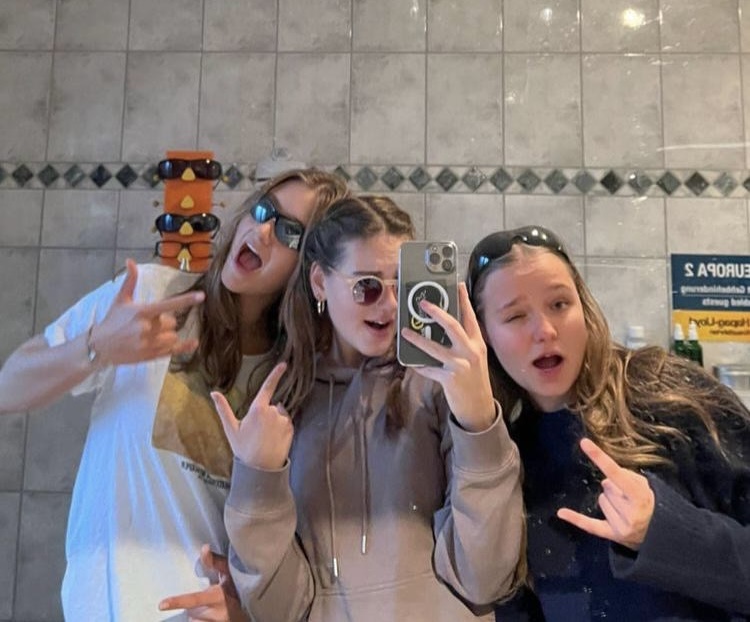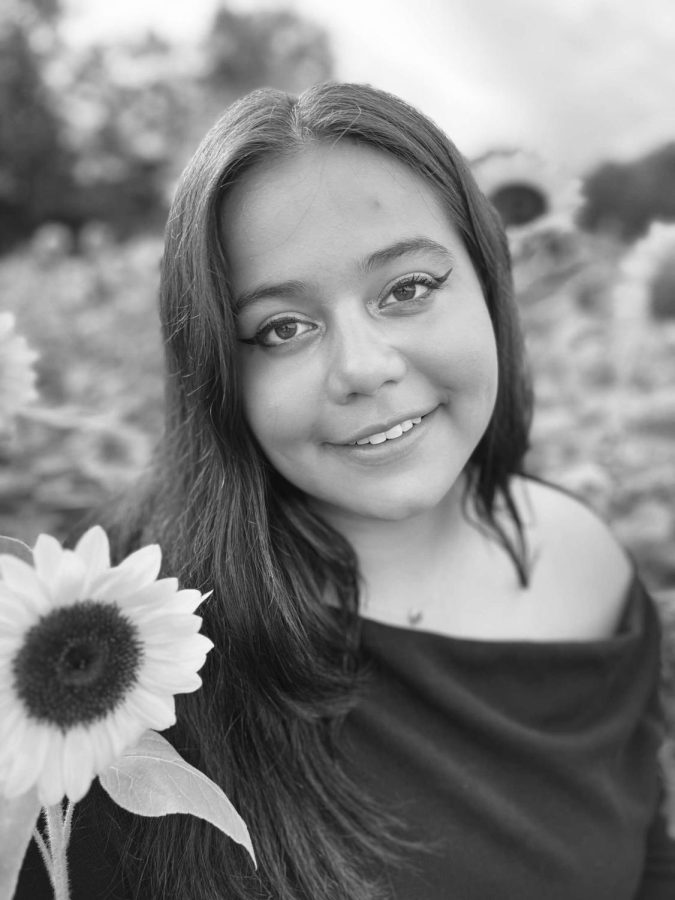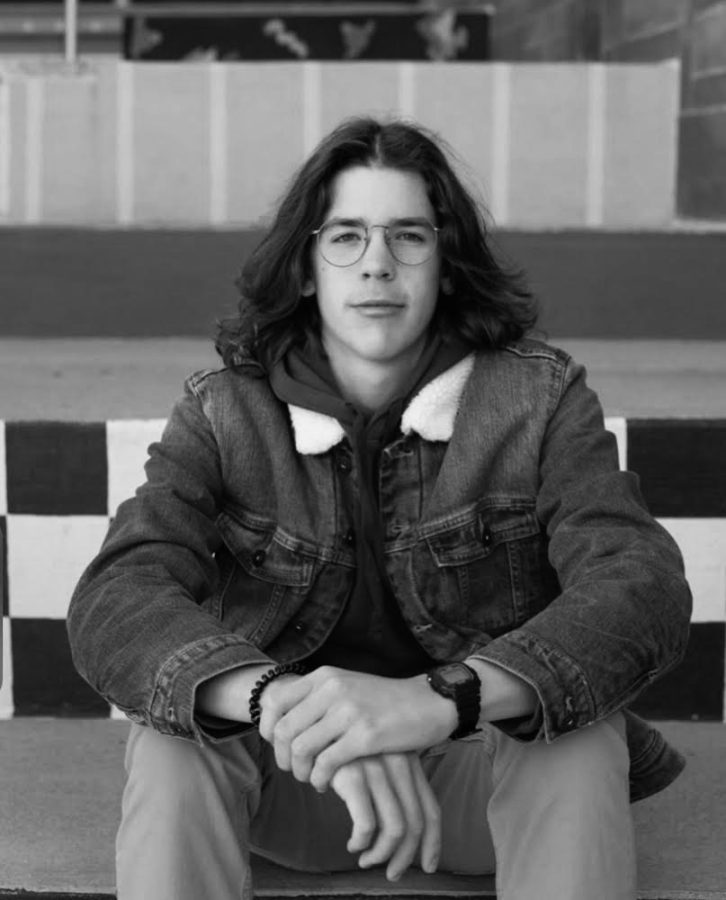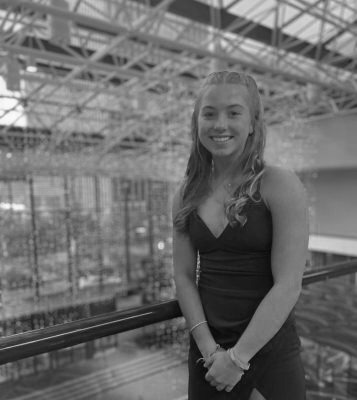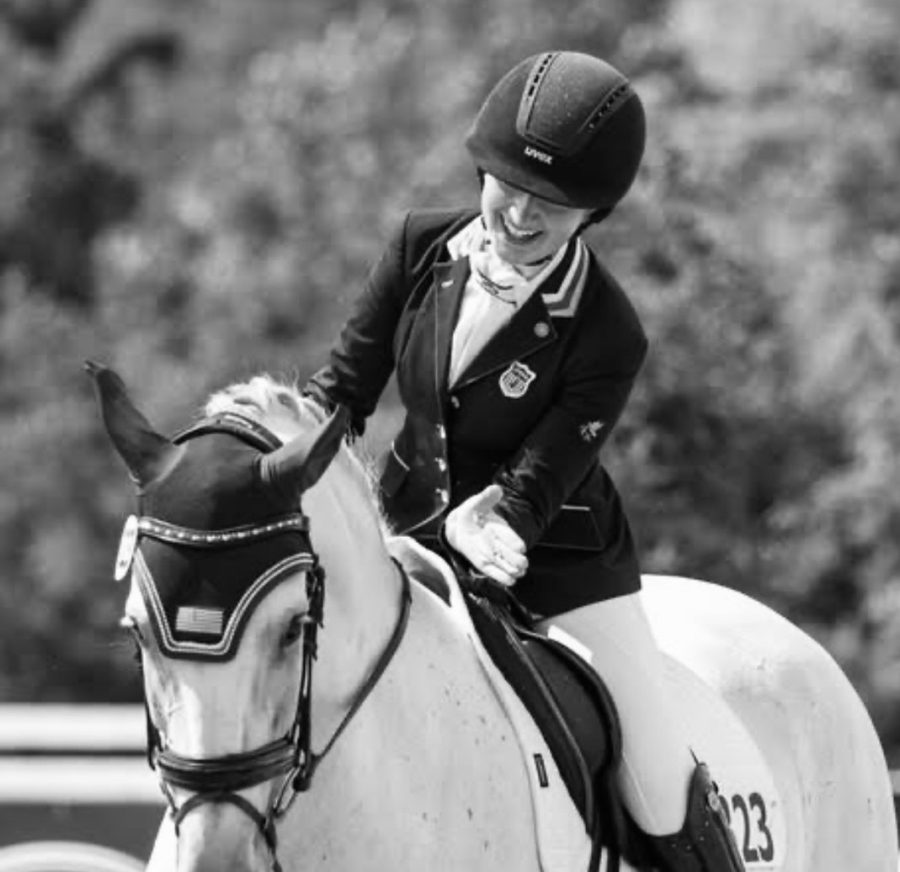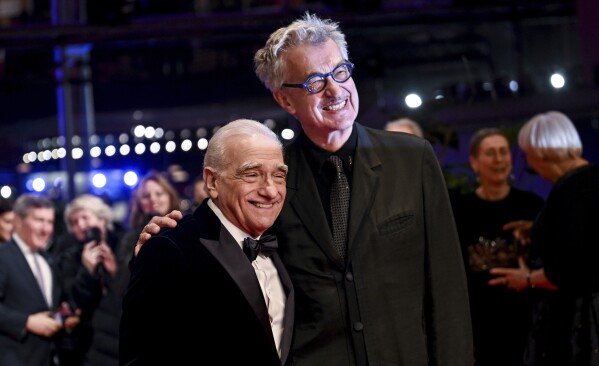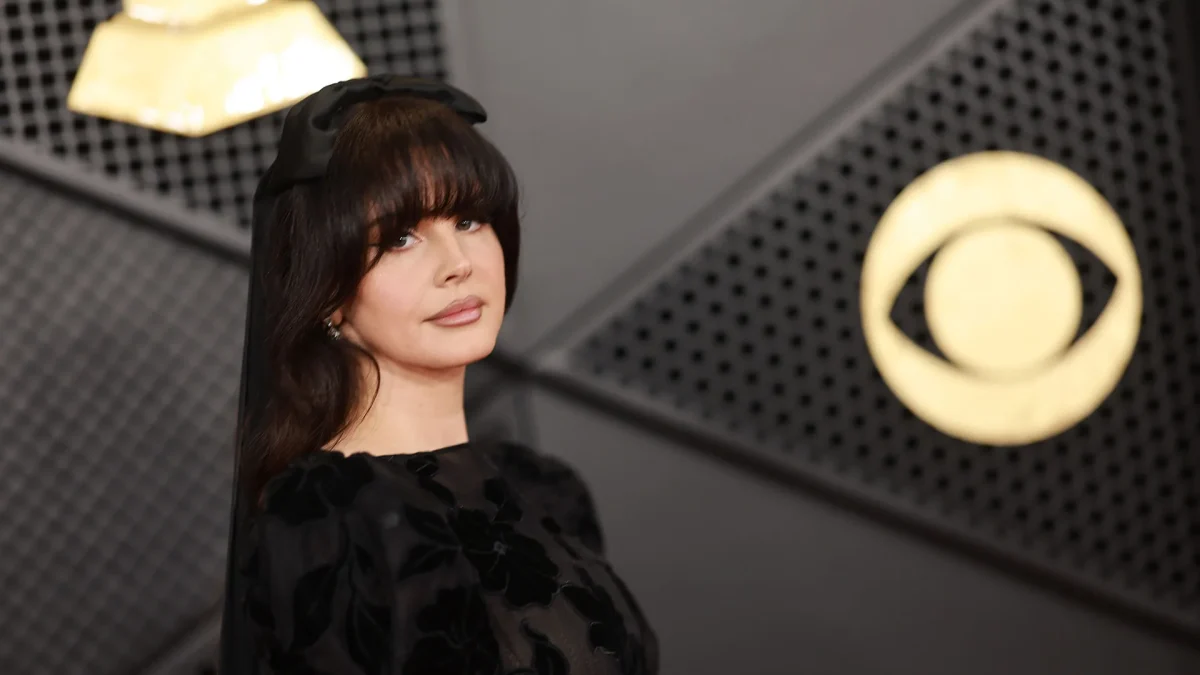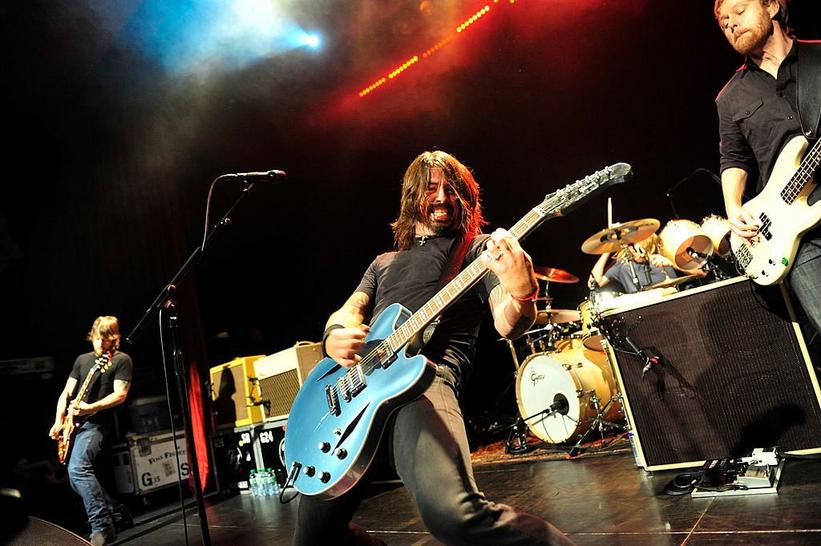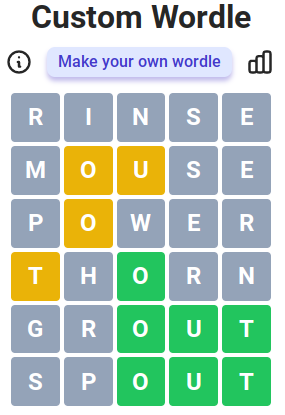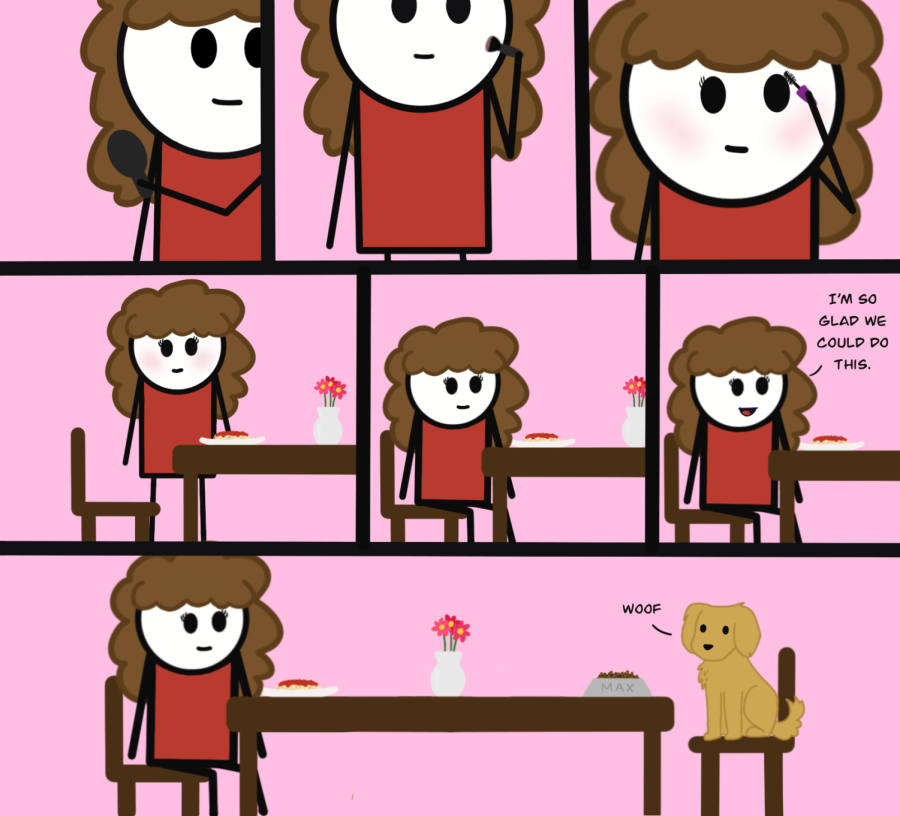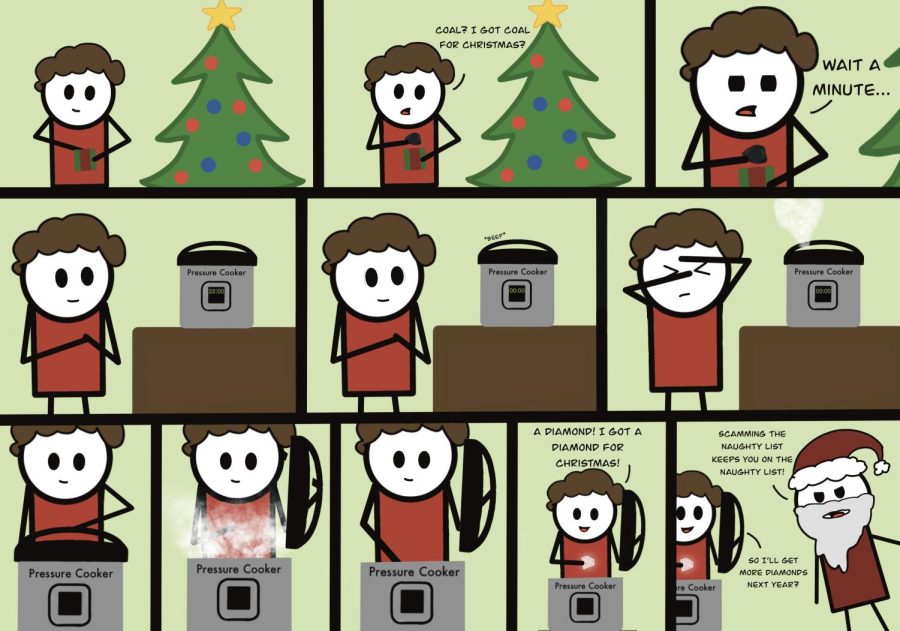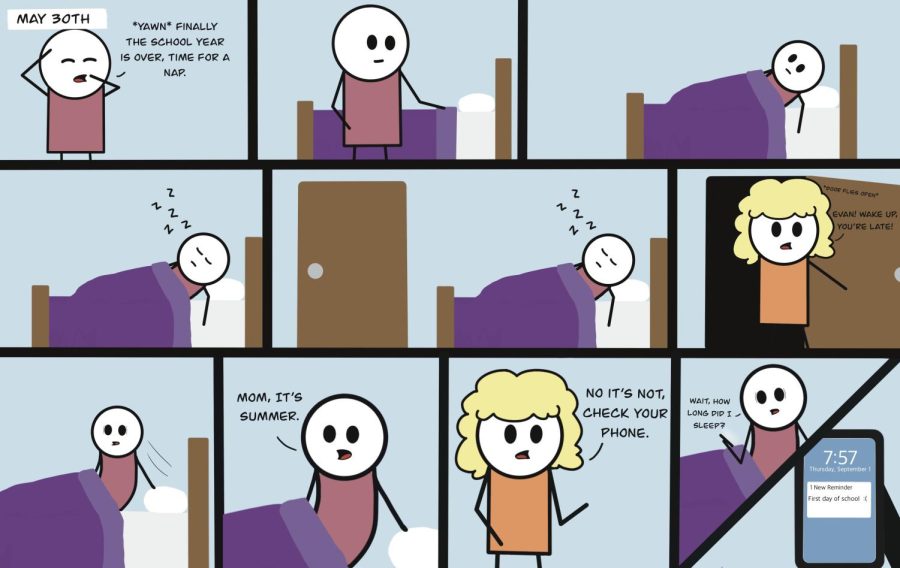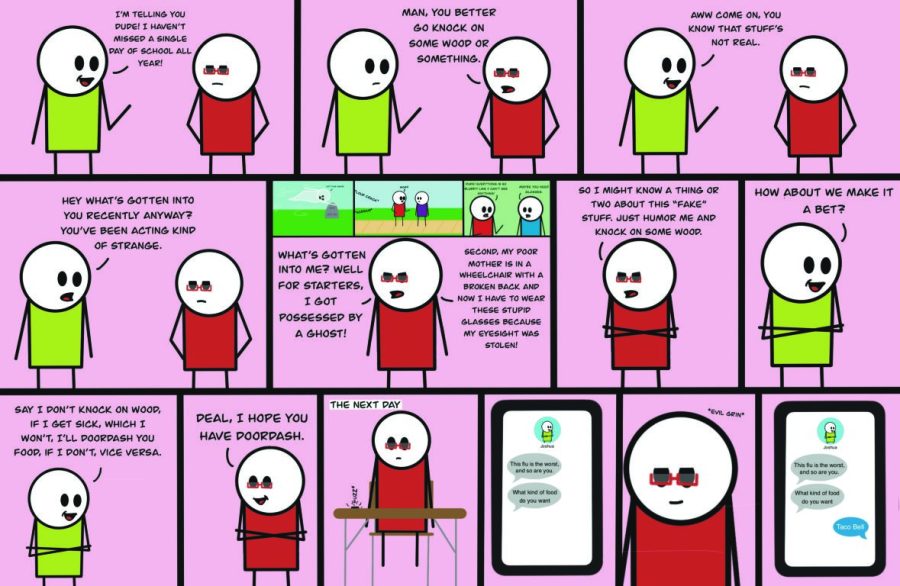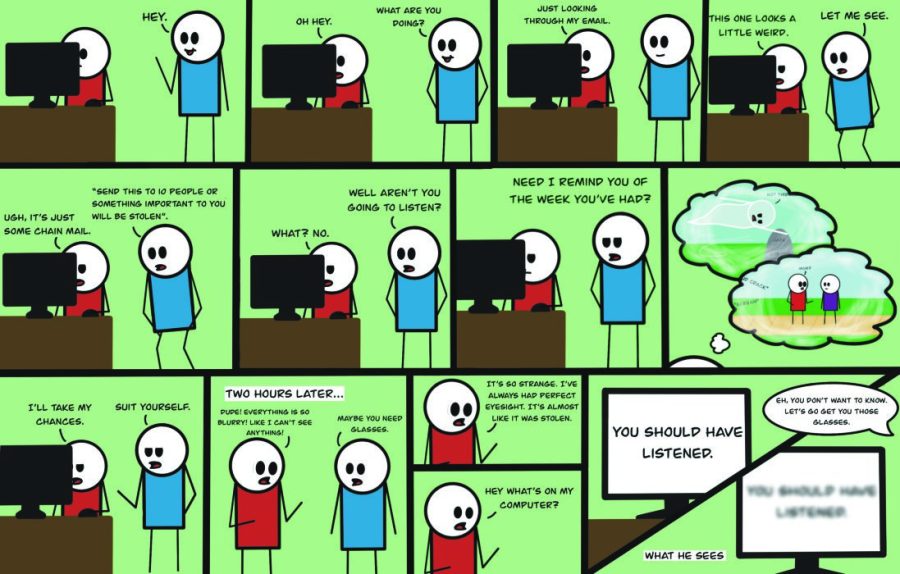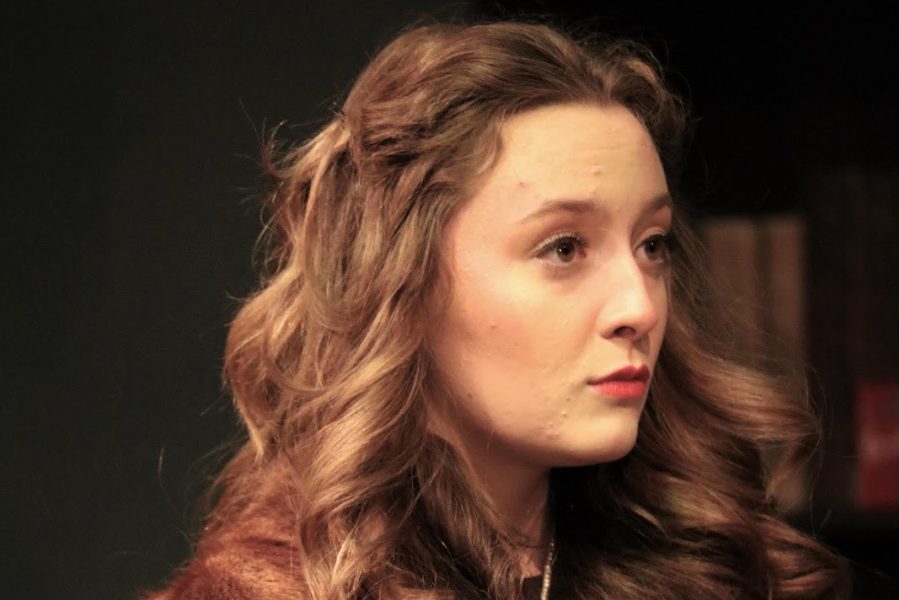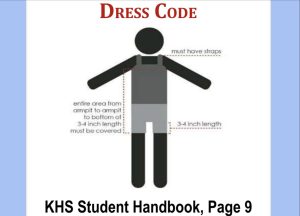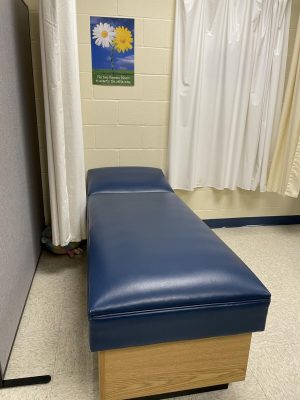The Rigor of Preparing for a School Play
Hope Wanmaker playing Lily Belle in “The Curious Savage.”
December 16, 2019
Inside the main hallway at Kings High School, there’s a theater with a run of the mill stage, bright lighting, and a team of nervous actors putting on a long-awaited performance. An adrenaline rush is triggered in the actors as an electric audience fills the theater’s seats.
On opening night of The Curious Savage, the stage was set in a “black box” format, bringing the audience close to the actors. This way, the audience sat virtually on the set of a late 1940s mental institution.
The closeness of the black box made it harder for the actors to break character, because the audience can see the fear on the actors’ faces. That’s why making a mistake feels so terrible at first, but skilled actors quickly figure out how to fix their mistakes.
Hope Wanamaker is no stranger to quick fixes on stage.
During opening night, there was supposed to be a picture of Hope’s character, Lily Belle, on a dartboard for other characters to throw darts at. However, the picture was somehow lost before the scene. Using quick thinking, the stage crew ripped out a picture of a girl’s face from a newspaper to use on the dartboard.
“I’ve seen much worse,” Wanamaker added, noting that as actors become more experienced, mishaps become more normal to them.
Each year, student actors spend nearly three months rehearsing their roles three to four days a week for three hours after school, and six and a half hours on “tech week,” the last rehearsal week before the play.
“Tech week is the week where we get all of the technical stuff, like lights, sound, and stage crew all figured out,” said Wanamaker. “Each session was six and a half hours. It was almost a full school day after school for theater.”
No matter how much practice the actors get, they must always be ready for mishaps in a live performance. In addition, actors must try hard not to break character no matter the severity of these slip-ups.
“There’s always slip-ups on stage. But we can’t always let the audience know because it ruins the whole magical world we’ve created for them,” Wanamaker said.
Improv is used to keep the audience from knowing, Wanamaker also noted.
“Everyone is super supportive and has each others backs, and you learn to think fast and cover it up,” said senior Ansley Taylor. “When you look back on it, it seems really funny.”
Senior student actors are usually emotional about their last performances. Through all the hard work, mishaps, and improvisation, the actors develop close relationships with one another.
“It was really emotional because after the show we’d all go to Olive Garden and have closure about the show and give speeches to each other,” said Wanamaker. “It’s just a nice way to say goodbye to the show. It was definitely emotional because this is going to be my last time doing that.”

